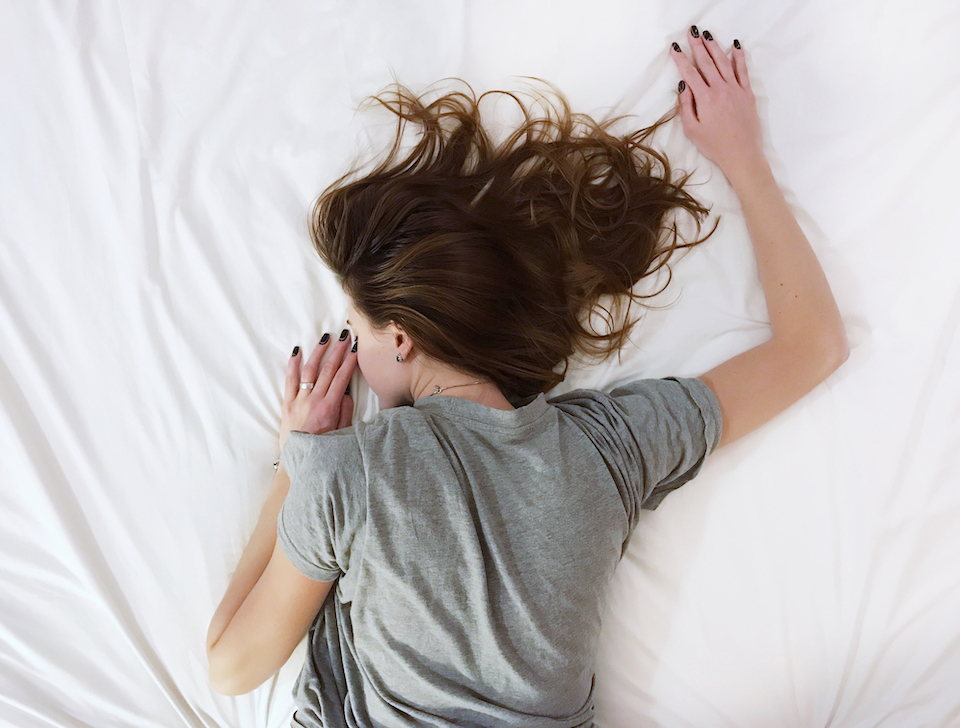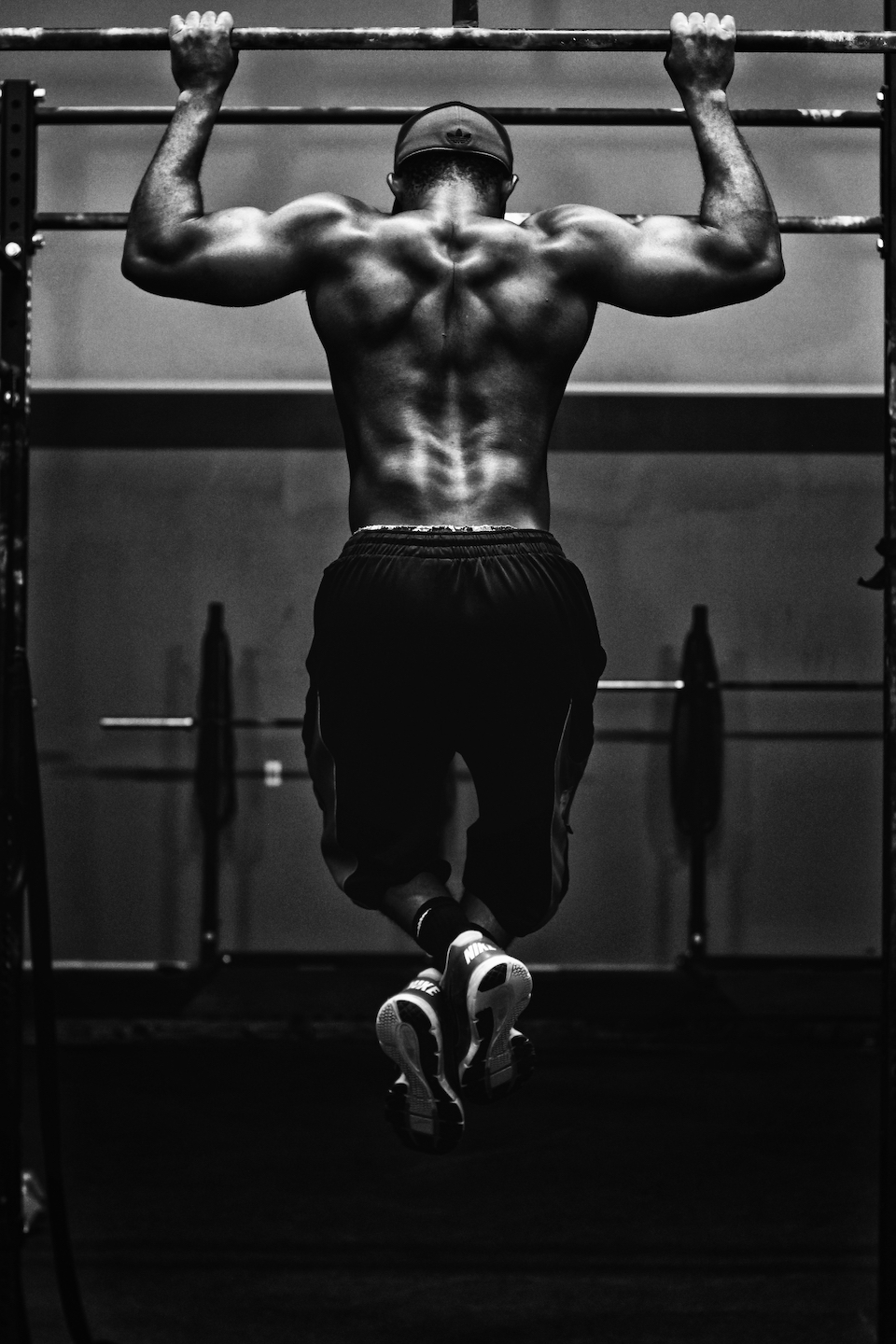
Millions of people around the world suffer from poor sleep quality, and many question the connection and limits of fatigue with exercise. Should You Exercise With Insomnia?
“It’s definitely a two-way relationship,” the doctor explains. Phyllis Zee is director of the Center for Circadian Rhythm and Sleep at the Feinberg School of Medicine at Northwestern University in Chicago.
“There is clear evidence that regular exercise improves sleep quality—light exercise in the morning, afternoon, or very early evening can improve deep sleep,” Zee says.
Deep sleep is the “healing” stage in which the body repairs itself. It is also called “slow-wave sleep” and can only be achieved if the quality of sleep is good, with few or no interruptions during the night.
“Studies have shown that if you sleep better, you are more likely to exercise and your physical activity levels will be higher,” Zee adds.
“So I would say that even if you haven’t slept well, you should continue your physical activity.”

The need for good sleep
To stay healthy, the body needs four stages of sleep, which it must go through several times each night. During the first and second stages, the body begins to slow down. Thus, he prepares for the third stage – deep slow sleep, when the body literally restores itself at the cellular level from damage and wear and tear during the day, and the brain stores memories.
REM sleep, characterized by rapid eye movement, is the last, fourth stage in which we dream. Studies have shown that a lack of REM sleep can lead to memory problems and poor mental performance, as well as heart and other chronic diseases, and even premature death.
On the contrary, years of research have shown that sleep, especially the deepest and most restorative sleep, increases the function of the immune system.
Because each sleep cycle lasts up to 90 minutes, most adults need between seven and eight hours of uninterrupted (as far as possible) sleep. Centers for Disease Control and Prevention. Lack of sleep, along with its irregular duration, has been associated with an increased risk of obesity, heart disease, dementia, and mood disorders such as anxiety and depression.
Be careful with injuries
A night of poor sleep shouldn’t interfere with a scheduled workout, but chronic sleep deprivation that leads to days of exhaustion is another matter, experts say.
According to sleep expert Dr. Seuss, it may not be wise to go to the gym or play certain sports when you’re suffering from fatigue. Raj Dasgupta, associate professor at the Keck School of Medicine at the University of Southern California.

“Without sleep, your muscles cannot recover from the stress you put on them during your workout.” It is useless to continue to train the muscles “without giving them time to recover and become stronger,” Dasgupta said.
“Also, you’re more likely to hurt yourself when you’re exhausted due to the slower response of your tired brain working on decision making during exercise.”
“Bad sleep can also affect your mood for exercising. You can start rocking your workouts and you hate every minute of it in the gym, which is not good for a long-term consistency in a fitness program,” he adds.
“In addition, sleep deprivation can lead to poor nutrition, which affects fitness and physical performance.”

Common sense
As a reminder, you should not exercise when you are very tired, but exercise can improve the quality of sleep. So what is the best solution?
Zee advises “common sense”: “If you’re not sleeping well, don’t exercise vigorously. Walk or do yoga – in any case, be sure to follow an exercise or physical activity schedule at the time of the day when you would do it.
If you’re short on time and short on time, set aside a few short exercises a day: “Everything matters,” says Dasgupta. “Do whatever makes you feel happy and refreshed. It’s about rebooting yourself, not some form of exercise that you must do”.
CNN source
Source: Kathimerini
Ashley Bailey is a talented author and journalist known for her writing on trending topics. Currently working at 247 news reel, she brings readers fresh perspectives on current issues. With her well-researched and thought-provoking articles, she captures the zeitgeist and stays ahead of the latest trends. Ashley’s writing is a must-read for anyone interested in staying up-to-date with the latest developments.